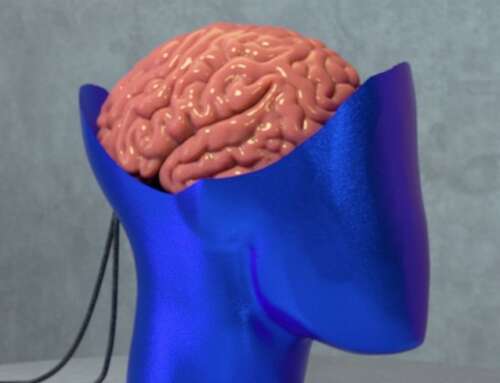
Illustration by Dale Edwin Murry
In April 2011, Robert Froemke and his team were reprogramming the brains of virgin mice with a single hormone injection.
Before the treatment, the female mice were largely indifferent to the cries of a distressed baby, and were even known to trample over them. But after an injection of oxytocin, the mice started to respond more like mothers, picking up the mewling pup in their mouths. Froemke, a neuroscientist at New York University’s Langone Medical Center in New York City, was monitoring the animals’ brains to find out why that happened.
At first, the mice showed an irregular smattering of neural impulses when they heard the baby’s cries. Then, as the oxytocin kicked in, the signal evolved into a more orderly pattern typical of a maternal brain. The study showed in unusual detail how the hormone changed the behaviour of neurons1. “Oxytocin is helping to transform the brain, to make it respond to those pup calls,” Froemke says.
Source: Neuroscience: The hard science of oxytocin : Nature News & Comment







Leave A Comment